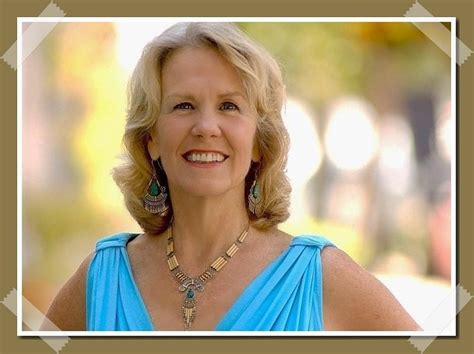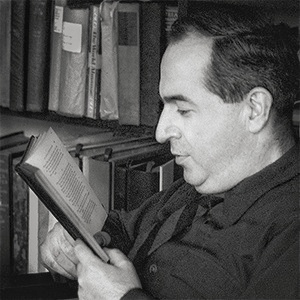A Quote by Tom Robbins
We're our own dragons as well as our own heroes, and we have to rescue ourselves from ourselves.
Related Quotes
In order to find God in ourselves, we must stop looking at ourselves, stop checking and verifying ourselves in the mirror of our own futility, and be content to be in Him and to do whatever He wills, according to our limitations, judging our acts not in the light of our own illusions, but in the light of His reality which is all around us in the things and people we live with.
We're on an indie label. We don't have mass marketing behind us, and we don't have big budgets. We do our own thing. We do exactly what we want to do. We produce our own music. We write ourselves. We record ourselves. We mix ourselves. The artwork is done by my brother. That's not selling out. We're doing exactly what we want to do.
Self-respect is often mistaken for arrogance when in reality it is the opposite. When we can recognize all our good qualities as well as our faults with neutrality, we can start to appreciate ourselves as we would a dear friend and experience the comfortable inner glow of respect. To embrace the journey towards our full potential we need to become our own loving teacher and coach. Spurring ourselves on to become better human beings we develop true regard for ourselves and our life will become sacred.
But how can we love someone if we don't like him? Easy-we do it to ourselves all the time. We don't always have tender, comfortable feelings about ourselves; sometimes we feel foolish, stupid, asinine, or wicked. But we always love ourselves: we always seek our own good. Indeed, we feel dislike toward ourselves, we berate ourselves, precisely because we love ourselves; because we care about our good, we are impatient with our bad.
It is only when we want to take our lives out of the Father’s hands and have them under our own control that we find ourselves gripped with anxiety. The secret of freedom from anxiety is freedom from ourselves and abandonment of our own plans. But that spirit emerges in our lives only when our minds are filled with the knowledge that our Father can be trusted implicitly to supply everything we need.
The greatest barrier to own own healing is not the pain, sorrow or violence inflicted upon us as children. Our greatest hindrance is our ongoing capacity to judge, to criticize, and to bring tremendous harm to ourselves. If we can harden our heart against ourselves and meet our most tender feelings with anger and condemnation, we simultaneously armor our heart against the possibility of gentleness, love and healing.






































